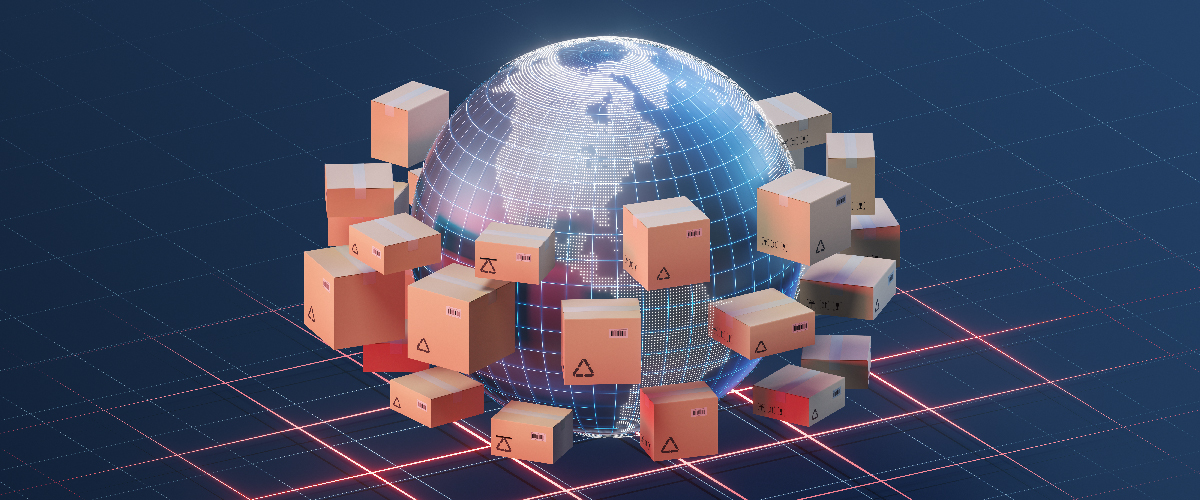 Web Content Viewer
Web Content Viewer

With current supply chain disruptions occurring including shortages across all sectors, proper data tracking utilizing technologies - such as predictive analytics with embedded AI - can help improve a company’s supply chain management. These technologies provide insight into critical areas of operation. As the supply chain increasingly becomes more data-driven to monitor inventory, customer demand, employee productivity, and delivery efficiencies, companies can leverage technology to better steer corporate planning and growth. Although the sheer amount of data produced by a supply chain can seem overwhelming, advanced technologies can offer real-time insights that empower faster decision-making and dramatically improve the bottom-line.

Several high-profile food recalls have dominated headlines in recent years. These recalls can pose serious health risks to the population and do immense damage to businesses, negatively impacting their bottom lines. Whether from farm to supermarket, or downstream to hotel restaurants, cafeterias, sports stadiums and other venues, expectations for food quality and the safety of the food supply chain are higher today than those of earlier generations when food-related poisoning and illness were common.

According to the Insider Intelligence Retail Forecast for 2022, global retail sales are predicted to grow 5% in 2022 to exceed $27.33 trillion. With the rebound of brick-and-mortars, ecommerce spending growth is expected to slow, however it will still account for more than 20% of total global retail. The recovery of in-store retail this past year speaks to its resiliency and indicates that ecommerce’s rise to dominance will take longer than anticipated.

In a recent article in Forbes, I wrote about how the current labor shortage of 4.6 million workers—the greatest since the World War II era—is plaguing industries from IT services and security, to manufacturing and retail, as well as transportation and the flow of goods in many areas. By having to take on too many responsibilities to fill labor gaps, workers become less efficient, and therefore less productive, which from an IT perspective can leave the organization vulnerable to cyberattacks.

From avocados and cream cheese to milk, pasta, and canned goods, demand for certain food goods continue to skyrocket, due in part to labor shortages resulting from the pandemic, along with rising energy costs, shipping constraints, and natural disasters. The New York Times reported that a crucial portion of the world’s wheat, corn, and barley is trapped in Russia and Ukraine because of the war, along with a sizable portion of the world’s fertilizers currently held in Russia and Belarus.

Moving towards the second quarter of 2022, plenty of questions abound regarding the state of the supply chain. Residual challenges stemming from the pandemic and other factors linger, while new and developing global crises present more situations that will most certainly strain an already precarious supply chain. Many consumers and businesses are closely monitoring potential disruption, from cybersecurity and inflation to the state of world peace.
By using this site you agree to our Privacy Policy and our Terms of Use.
120 Comac Street
Ronkonkoma, NY 11779
Ronkonkoma, NY 11779




 | Vormittag Associates, Inc. ©2025 |
| Vormittag Associates, Inc. ©2025 |